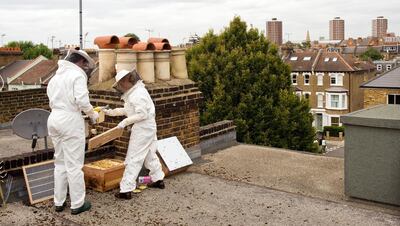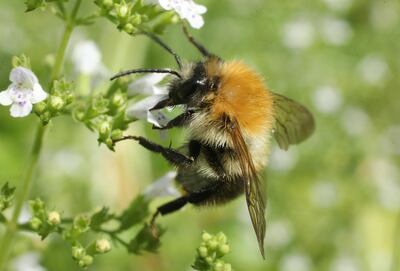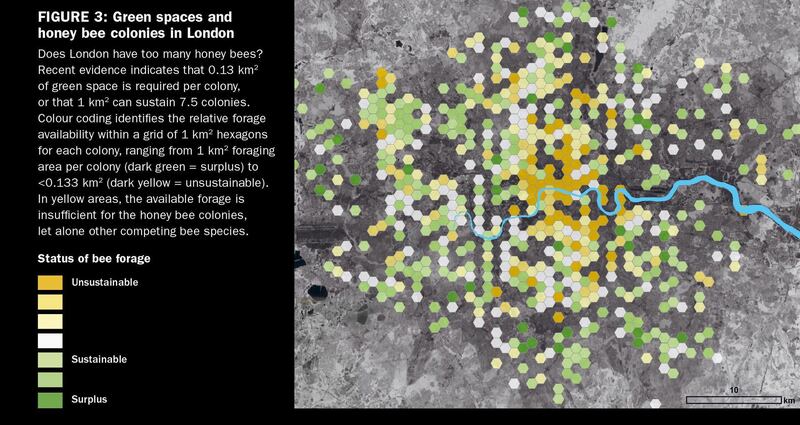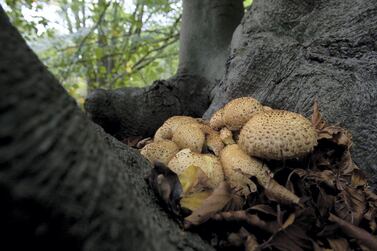Keeping honey bees in London is now so popular it is at risk of becoming unsustainable, experts have warned.
Concerns over the practice have also been raised in other major European cities, such as Paris and Berlin.
Professor Phil Stevenson at the Royal Botanical Gardens in Kew, London, said the dwindling amount of pollen and nectar in the city was insufficient to sustain the insects, while honey bees were also "outcompeting" other species for food.

This worrying trend could potentially extend to Oslo and Copenhagen, he added.
Prof Stevenson was speaking at the launch of a major Kew Gardens report, State of the World's Plants and Fungi.
“While the honey bee is a fantastic animal – it provides fantastic services and pollination, it’s a great way to engage people in conservation – beekeeping in cities is now becoming so popular it’s actually becoming unsustainable in some because there’s insufficient nectar and pollen available to support the numbers of hives, let alone the other wild species that we have,” he said.
“Honey bees are now outcompeting these other species for food that they all need. So beekeeping to save bees could actually be having the opposite effect in some locations.”

The report warns that the message around biodiversity in regards to saving bees has not always been clearly communicated. Urban beekeeping has saved only one species – the honey bee – with no regard for how it interacts with other species, it says.
For instance, there is mounting evidence that honey bees transmit diseases to other wild species.
“In many city parks you’ll see signs telling you about the birds, bats, fungi, trees, grasses and wildflowers that live there, said Prof Stevenson. “This is fantastic, as positive interactions with nature in cities are known to improve well-being and inspire changes in lifestyles that promote conservation of biodiversity.
“However, what they don’t say is how all these organisms interact. We need much more information on the interactions and interdependence of organisms, and we mustn’t be afraid to give people more complex information.”








